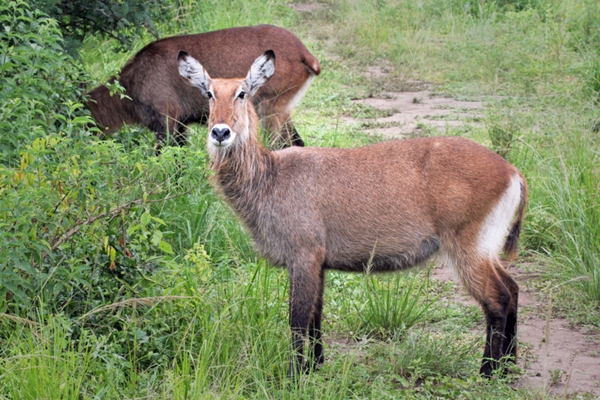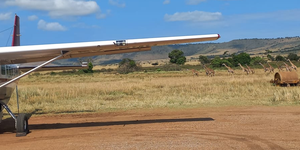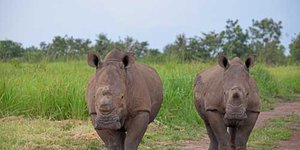Like this article?
Go on, give it a kudu!

Published on July 27 2013
Written by:
Alex Raza
1172 views
Last month, Uganda's Finance Minister Maria Kiwanuka announced that the Value Added Tax (VAT) exemption for hotel accommodation will be formally withdrawn on July 1st of this year. VAT in Uganda is currently at 18 percent and hotel owners all over the country are now forced to increase their tariffs exponentially to comply with the new law.
The controversial proposal was announced as part of the annual budget for the new financial year and it was passed by the parliament, meaning from now on, tourists planning to visit the nation will need to adjust their accommodation budget accordingly. The addition of VAT to accommodation is not the only new change in the budget, the government also plans to increase taxes on water, petrol and wheat flour. Three resources used in large quantities by hotels and restaurants, forcing business and hotel owners to raise the price of food and transportation to accommodate the new changes.
These new taxes have been met with opposition by tour companies, business owners and tourism stakeholders, some of whom are reportedly packing up their business to move to other tourist friendly regions in East Africa. What's worse, tour operators were only given two weeks notice before the new law came into effect at the beginning of this month. Most tourists tend to plan their trips at least six months to a year in advance and tour operators who have already booked hotels and sent out itineraries are now forced to cover the additional costs incurred by the new taxes, or risk losing clients by charging them new tariffs.
The Chairman Association of Uganda Tour Operation (AUTO), Bonifence Byamukama, has stated that the new tax is going to create unnecessary losses for tour operators, which could also affect the country's economy. He further stated that the new taxes are likely to reduce the number of tourists who will visit the nation, making 2013 a very bad year for the tourism industry.
Uganda's image is still recovering from the 2011 riots and demonstrations against its autocratic president, Yoweri Museveni. Hotel owners reported a 70 percent loss in business during that year. The country managed to clean up its image in 2012 and the tourism sector soared at an astonishing 21 percent, with 1.1 million tourists visiting the nation by the end of the year. The new taxes could cause that number to drop again this year as tourists decide to visit more affordable regions in East Africa.
With the new tariffs, the only way Uganda can attract more tourists and save its potentially profitable tourism industry is by starting a new, more aggressive marketing campaign. The Uganda Tourism Board is currently spending only about $92,000 on marketing annually. A meager sum when compared with the $20 million, $23 million and $5 million (USD) spent by Kenya, Tanzania and Rwanda respectively.
Tourism is one of the main sources of foreign currency in the country and it employs over 500,000 people, many of whom are women and young adults. The new law could greatly affect the country's economy and unless the government starts initiatives to attract tourists and stakeholders, Uganda will lose its business to other East African nations like Kenya, Tanzania, and Rwanda.
So what does all this mean for tourists planning to visit the country? At the moment, there is nothing that can be done. Tourists planning to visit the country soon should find a tour company and hotel with affordable packages. Tourists who have already booked trips should contact their tour company to find out if the new rates will affect their agreed prices.
Has been on: 0 safaris
Dissident.
© Your African Safari Ltd, All rights reserved.
Your African Safari is a safari-planning and safari review site. It was created to help support a healthy African wildlife population. All reviews are vetted before being approved and only ethical tours are published

Using charter flights on your next safari
Published on December 22 2025
By: yourafricansafari.com

Garamba National Park—an anchor of hope in the Democratic Republic of Congo
Published on January 09 2025
By: R.W.

Namibia imposes new visa requirements
Published on July 25 2024
By: yourafricansafari.com